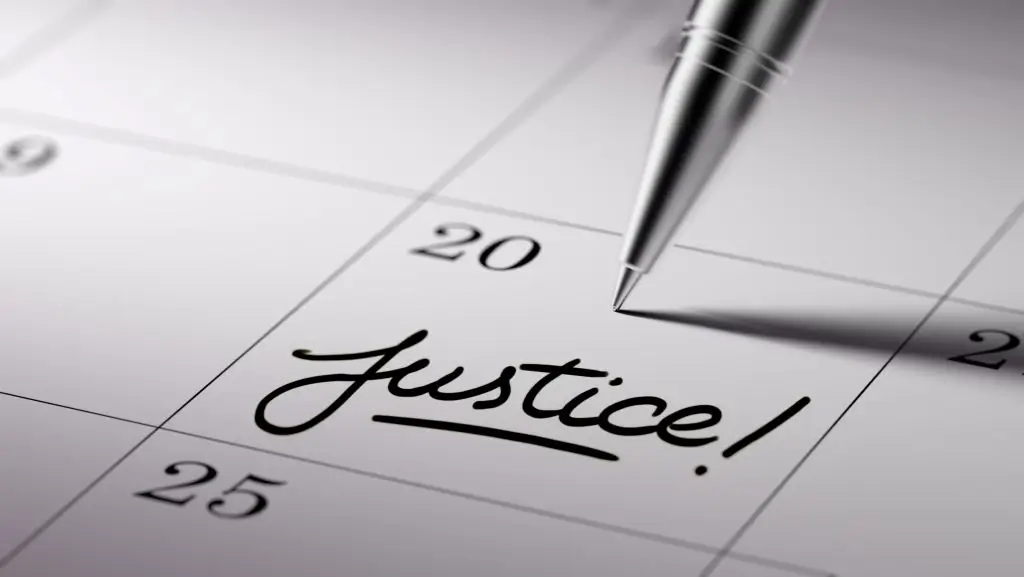I’m experiencing an employment dispute. What do I do?
If you’re facing an employment dispute, it’s advisable to seek guidance from experienced employment lawyers. These professionals can evaluate your situation, provide legal advice on your rights and options, negotiate with your employer if possible, and represent you effectively in legal proceedings if necessary, ensuring that your interests are protected and that you achieve a fair resolution to your claim.
Need to speak to someone about a recent employment dispute? Get in touch.
Speak With an Employment Lawyer
Fill out a free evaluation form to get help with your employment law needs.
What Is
Employment Law?
Employment law governs all legal aspects of the employer-employee relationship. This includes the rights, obligations, and responsibilities of both parties while in the workplace. Employment law attorneys must have a good understanding of both federal and state-level statutes that impact workers and employers. Here are just a few examples:
- ACA (Affordable Care Act)
- ADA (Americans with Disabilities Act)
- ADEA (Age Discrimination in Employment Act)
- FCRA (Fair Credit Reporting Act)
- FLSA (Fair Labor Standards Act)
- FMLA (Family and Medical Leave Act)
- NLRA (National Labor Relations Act)
- OSHA (Occupational Safety and Health Act (OSHA)
- Title VII (which covers discrimination based on race, national origin, religion/faith, and sexual identity/gender)
- WARN Act (Worker Adjustment and Retraining Notification Act)
In addition to these, there are various federal child labor, wage and hour, retaliation, and whistleblower laws.
How Can an Employment Lawyer Help You?
You may not realize this, but federal rules determine how and when you can legally file suit against your employer. For this reason, always consult an attorney who specializes in employment law if you think you may have a case. Here are just a few examples of things you can sue your employer for:
- Discrimination (i.e., your employer pays women less than men who have identical educational backgrounds, job titles, and work experience/skill levels)
- Harassment (either sexual in nature or otherwise singling out individuals in a protected class, such as those with disabilities)
- Wage and hour theft (i.e., making you clock out before cleaning up and closing, or work late regularly without overtime)
- Wrongful termination (i.e., firing you for filing an OSHA safety complaint or workers’ compensation claim)
- Hostile work environment (i.e., constant unwanted behavior in your workplace routinely interferes with your ability to perform your job duties)
However, you must go through all proper steps and channels prior to filing suit against your current or former employer. Only an employment law attorney understands whether you have a claim and how to advise you on potential next steps.
Here’s an example: Let’s say your employer fires you while you’re out on maternity leave. This seems like a textbook case of workplace discrimination, right? However, you must always file a complaint with the Equal Employment Opportunity Commission (EEOC) first. That’s why it’s so vital to consult an employment law attorney as soon as possible about your potential claim!
Recent
Employment Law
Articles
-

Underpaid at Your Job? It Could be Wage Theft
-

Do I Have to Disclose My Medical Condition to My Employer?
-

Can I Sue For Wrongful Dismissal If I’m Fired For Being Unvaxxed?
-

WFH Privacy Violations: When Can You Call an Employment Law Attorney
-

How Much Does an Employment Attorney Charge?
-

Do You Have a Case for Discrimination at Work?
-

Hostile Work Environment and FMLA: Do You Have a Suit?
-

Employment Case Timeline: How Long Does It Take?
-

Can Employers Legally Say Who Failed a Covid Test?
GET IN TOUCH
Need to speak to someone about a recent employment dispute? Let us help you.
Join Our
Mailing List
Enter your email below to get up-to-date legal articles and tips delivered right to your inbox.


